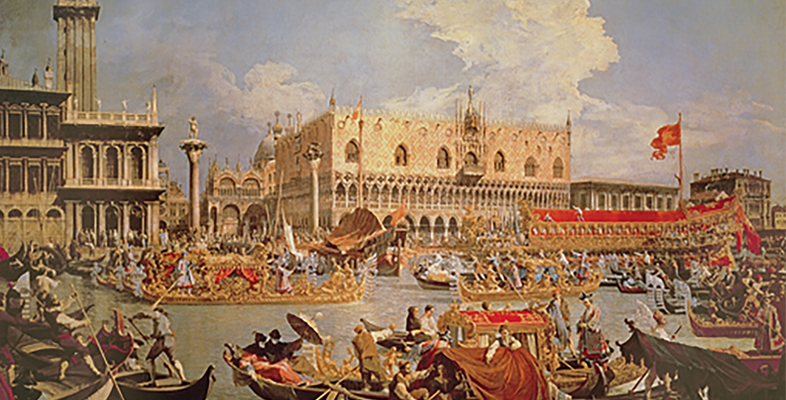
Some events stand out as significant for structural economic change, not least the dramatic intervention of the Black Death in the mid-14th century, but also wars, famines, and the discovery of new international trade routes. Much work concentrates on agricultural structures, demographic trends, and commercial growth. Many scholars have trawled through this material to produce important detailed, empirical case studies, based on specific localities or regions a number of these are highlighted in this bibliography and are frequently based on English manors, villages, and towns due to the wealth of documentation that survives for that country. However, the strength of the subject still resides in rigorous analysis of the archival evidence. In addition, the debates of medieval economic history have often been shaped by numerous theories and approaches founded in the disciplines of economics, sociology, anthropology, archaeology, and geography. A number of renowned scholars from the early to mid-20th century left their mark on this subject, including Henri Pirenne (b. 1862–d. 1935), Marc Bloch (b. 1886–d. 1944), Michael Moissey Postan (b. 1898–d. 1981), and Georges Duby (b. 1919–d. 1996), and they greatly influenced succeeding generations of historians.

Many of the books and articles listed in this article consider the transformation of the medieval economy, often on a broad chronological canvas, from the end of the ancient world to the creation of notable feudal institutions and thence to the emergence of the Early Modern world and protocapitalist organizations.

The study of medieval economic history has a rich pedigree and has led to major, wide-ranging debates about the nature and causes of economic change.


 0 kommentar(er)
0 kommentar(er)
